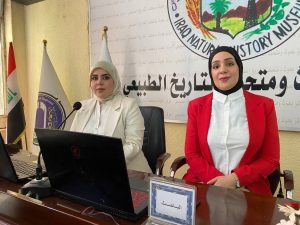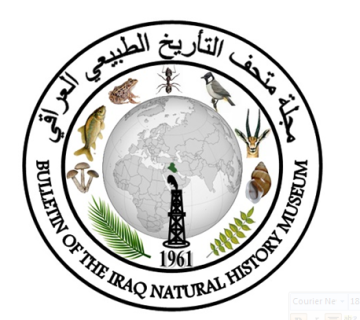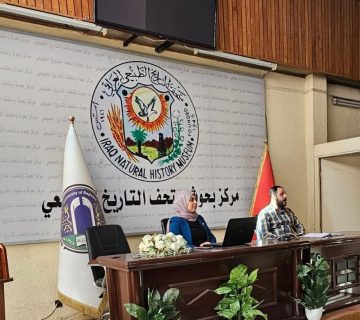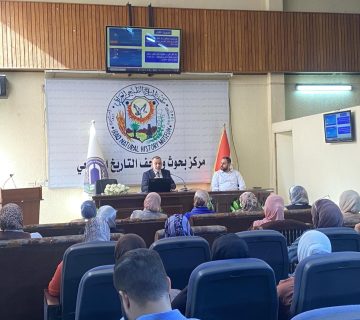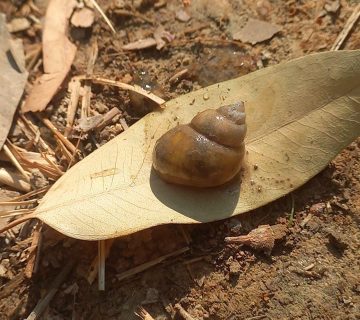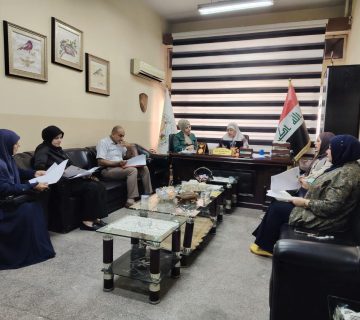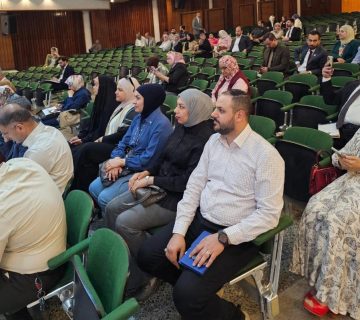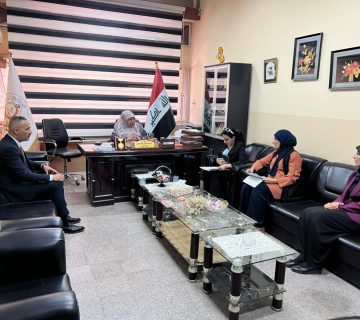As part of a series of scientific activities organized by the Natural History Research Center, the Committee for Workshops and Seminars, led by lecturer Muhammad Enad Ghazaun, hosted a discussion panel on Sunday, May 26, 2024. The “Mycotoxins and their Impact on the Environment” panel featured Assit. lecturer. Sarah Jamal Jalil and Assit.lecturer. Lubna Majeed Hamid as speaker.
The discussion focused on the dangers of mycotoxins, toxic substances produced by fungi. The speakers addressed various aspects of fungi, including:
Classification based on growth conditions
Feeding methods
Spore formation
Types of mycotoxins and associated diseases
A crucial message highlighted during the lecture was the importance of public awareness regarding wild mushrooms. The speakers emphasized that washing and cooking wild mushrooms is not sufficient to eliminate the risk of mycotoxin poisoning. Citizens are advised to avoid consuming, buying, or selling wild mushrooms altogether.
The discussion also presented the stark contrast between edible and poisonous fungi. With over 5,000 known fungal species and only 1,200 identified as safe for consumption, distinguishing between the two can be challenging. The speakers stressed that visual identification methods are unreliable due to the close resemblance between species. Chemical analysis remains the only definitive way to determine a mushroom’s safety.
The Natural History Research Center commends the committee and speakers for their valuable contribution to public education. We believe such initiatives empower citizens to make informed choices and prioritize their safety.

